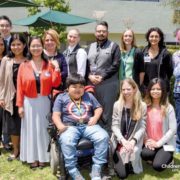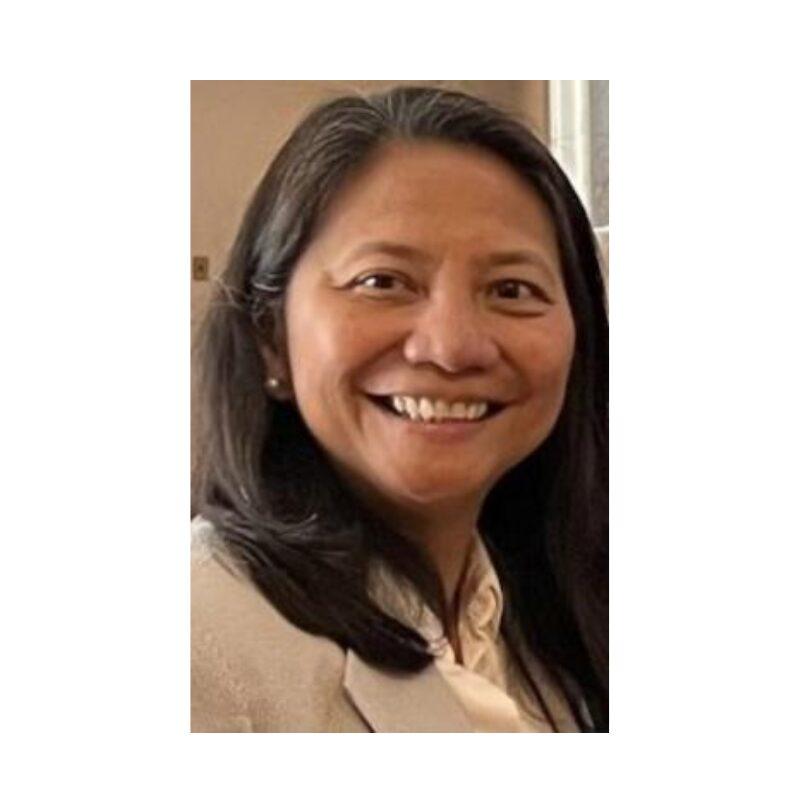THE neuromuscular program at the Children’s Hospital Los Angeles (CHLA) became recognized as a Certified Duchenne Care Center, making it one of only 10 in the United States and the only one in Southern California.
On Friday, May 13, in a small ceremony on the hospital grounds, 11-year-old Ian Saur Sunga, a Filipino-American with a progressive muscle degenerative disorder called Duchenne, presented Dr. Leigh Maria Ramos-Platt, a neurologist and the director of the hospital’s Muscular Dystrophy Association (MDA) clinic, to recognize CHLA’s certification.
CHLA was recognized as a Certified Duchenne Care Center by Parent Project Muscular Dystrophy, the largest and most comprehensive non-profit organization fighting to end Duchenne.
“[We] are so privileged and honored and also proud to have this certification given to the neurology clinic because they definitely deserve it,” said Sunga’s mother, Lois Saur.
Growing up, Saur said her son, who spent his early childhood in the Philippines, had developed more slowly compared to other boys his age and showed muscle weakness. When he was 9 years old, a video of him getting up from the floor was sent to his uncle, who works at CHLA. Ramos-Platt viewed the video and suspected he had Duchenne muscular dystrophy.
“I could tell what it was,” Ramos-Platt said. “I gave them a call to run some tests. They sent me the results of the test then we knew what it was.”
Duchenne is a progressive genetic disorder that is characterized by muscle degeneration and weakness, according to the MDA, a non-profit health agency dedicated to curing muscular dystrophy, ALS and related diseases through funding research around the globe. The disorder mainly affects boys, with about 20,000 new cases diagnosed annually worldwide, or 1 in every 3,500 males.
CHLA has anywhere from 100 to 120 patients with Duchenne, Ramos-Platt said, and receives a new referral every two weeks. The hospital provides care for these patients until they reach 21 years old, then transitions them to local adult care programs.
Sunga now moves around in a wheelchair after his diagnosis.
“He got one more good year out of walking because that’s usually what happens when we treat [these patients],” Ramos-Platt said. “Now we’re watching him for his heart and lungs, all of the complications that happen with Duchenne. We’re trying to slow down the progression so that he can live into adulthood and that he can be productive because he’s a smart kid.”
Most boys who have Duchenne do not survive beyond their mid-20s, and Ramos-Platt said 70 percent of patients with the condition have normal intelligence, including Sunga. Ramos-Platt pointed out how he won second place in a spelling bee despite the fact he did not speak much English when he first arrived in the United States in 2014.
“We try to slow down the complications. Lately, our boys have been living into their 20s and sometimes into their 30s,” she said.
CHLA currently serves the Los Angeles County area and more than 111,000 children annually, but is seeking to expand access in the coming years. It is a non-profit institution and is the largest pediatric hospital in Southern California.







